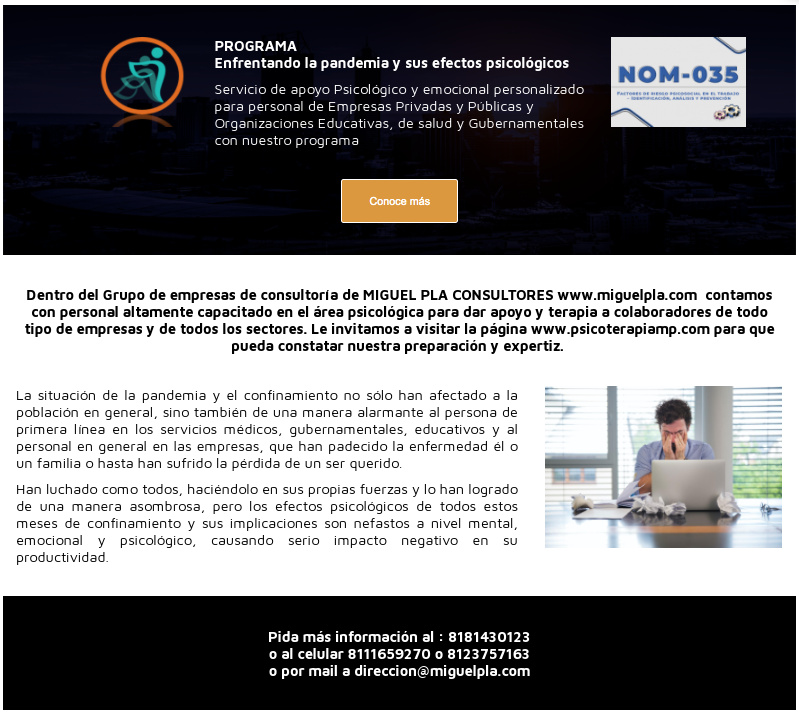Why Do So Many Managers Forget They’re Human Beings ?
In our assessments, surveys, and interviews of over a thousand leaders, many comments stood out, but one in particular was especially powerful and thought-provoking. “Leadership today,” Javier Pladevall, CEO of Audi Volkswagen, Spain, told us, “is about unlearning management and relearning being human.”
What Javier means is, the power of leadership lies in our abilities to form personal and meaningful bonds with the people whom we lead. This is truer now than ever, as millennials are becoming the majority population in most companies. Millennials are not satisfied with only a paycheck, bonus, and benefits. They want meaning, happiness, and connectedness, too.
The problem is about 70% of leaders rate themselves as inspiring and motivating – much in the same way as we all rate ourselves as great drivers. But this stands in stark contrast to how employees perceive their leaders. A survey published by Forbes found that 65% of employees would forego a pay raise if it meant seeing their leader fired, and a 2016 Gallup engagement survey found that 82% of employees see their leaders as fundamentally uninspiring. In our opinion, these two things are directly related.
There is a vast upside to human leadership. As data from McKinsey & Company shows, when employees are intrinsically motivated, they are 32% more committed and 46% more satisfied with their job and perform 16% better.
As human beings, we are all driven by basic needs for meaning, happiness, human connectedness, and a desire to contribute positively to others. And leaders that truly understands these needs, and lead in a way that enables these intrinsic motivations, have the keys to enable strong loyalty, engagement and performance. As leaders, we must be humans before managers.











